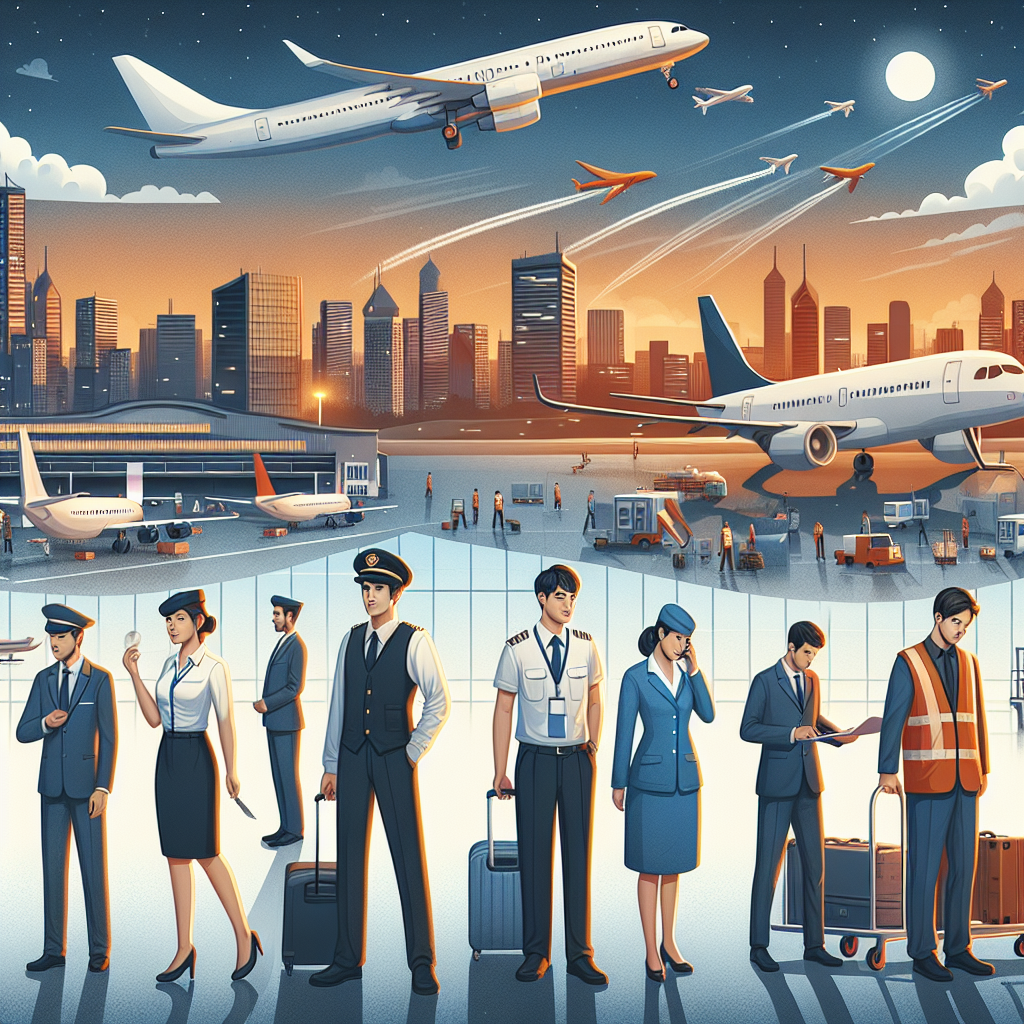Empowering Pilots: Building a Positive Safety Culture in Aviation
The head of the International Federation of Air Line Pilots' Associations stresses the need for pilots to report safety issues without fear of repercussions. Advocating for a non-punitive safety culture, robust data collection, and impartial accident investigations, the goal is enhanced safety in aviation.

Pilots need to voice safety concerns freely and without fear of punishment, according to the head of the International Federation of Air Line Pilots' Associations (IFALPA). This approach aims to reduce the chances of aviation accidents and improve safety industry-wide.
IFALPA President Amornvaj Mansumitchai highlights the importance of learning from daily successful operations, advocating for non-punitive reporting systems, robust data collection, and unbiased accident investigations. These remarks were made at the federation's annual conference in Seoul.
Despite significant advancements in aviation safety, many incidents remain unreported due to fear of penalties, Mansumitchai notes. Recent crashes in Kazakhstan, South Korea, and the United States emphasize the need for transparency and non-punitive safety reporting to prevent judicial interference and encourage political support.
(With inputs from agencies.)










